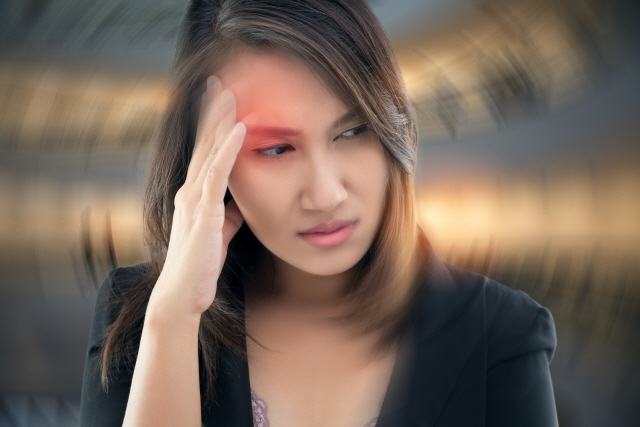
By Winston Lee L.Ac., Ph.D., KMD
Treating depression and anxiety is increasingly essential in today’s world, and many individuals rely on medications like Prozac and Zoloft for major depression and Valium and Xanax for anxiety to relieve symptoms of depression and anxiety.
However, these drugs often come with side effects such as weight gain, fatigue, and emotional numbness. As practitioners of Korean Medicine, we offer a natural alternative through acupuncture, herbal medicine, and cupping therapy, delivering effective treatment while avoiding the potential side effects associated with psychiatric medications. Depression and anxiety are understood as imbalances in the body’s energy, or Qi, which can be disrupted by stress, poor diet, or emotional trauma in Korean Medicine. The key differentiator of Korean Medicine from Traditional Chinese Medicine is its belief that most major causes of both psychological and physical issues originate from the mind and, thus, are treated accordingly.
These imbalances affect the liver, spleen, and heart, leading to emotional distress. Acupuncture helps restore the balance of Qi, improving emotional stability.
One effective acupuncture technique for treating mental health is skull acupuncture, focusing on points like Du-20 (Bai hui) and Yin tang (Third Eye Point).
Du-20, located at the top of the head, lifts the spirit and calms the mind, while Yin tang, between the eyebrows, relieves stress and promotes relaxation. These points help regulate the brain and nervous system, providing emotional relief.
In addition to acupuncture, herbal remedies are essential in Korean Medicine. Bai Shao (White Peony Root) is commonly used to calm the liver, reduce irritability, and smooth Qi flow, helping to ease anxiety and emotional tension. Bai Shao is often combined with other herbs to create personalized formulas tailored to each patient’s needs, offering a holistic approach to emotional health.
Cupping therapy is another valuable technique for treating physical symptoms related to anxiety and depression, such as neck pain, headaches and, most commonly, migraine. By applying suction to specific areas, cupping promotes blood flow, releases muscle tension, and encourages the smooth flow of Qi, which helps alleviate both physical discomfort and emotional stress.
Compared to medications like Prozac, acupuncture offers quicker results without side effects. Many patients feel relief after just a few sessions, and treatments address both emotional and physical symptoms. Unlike psychiatric medications, which can cause dependency, Korean Medicine works naturally with the body’s healing processes, providing long-term emotional balance.
In conclusion, Korean Medicine offers a safe, effective, and holistic alternative for treating depression and anxiety, helping patients achieve emotional well-being without the risks of conventional medications.
































